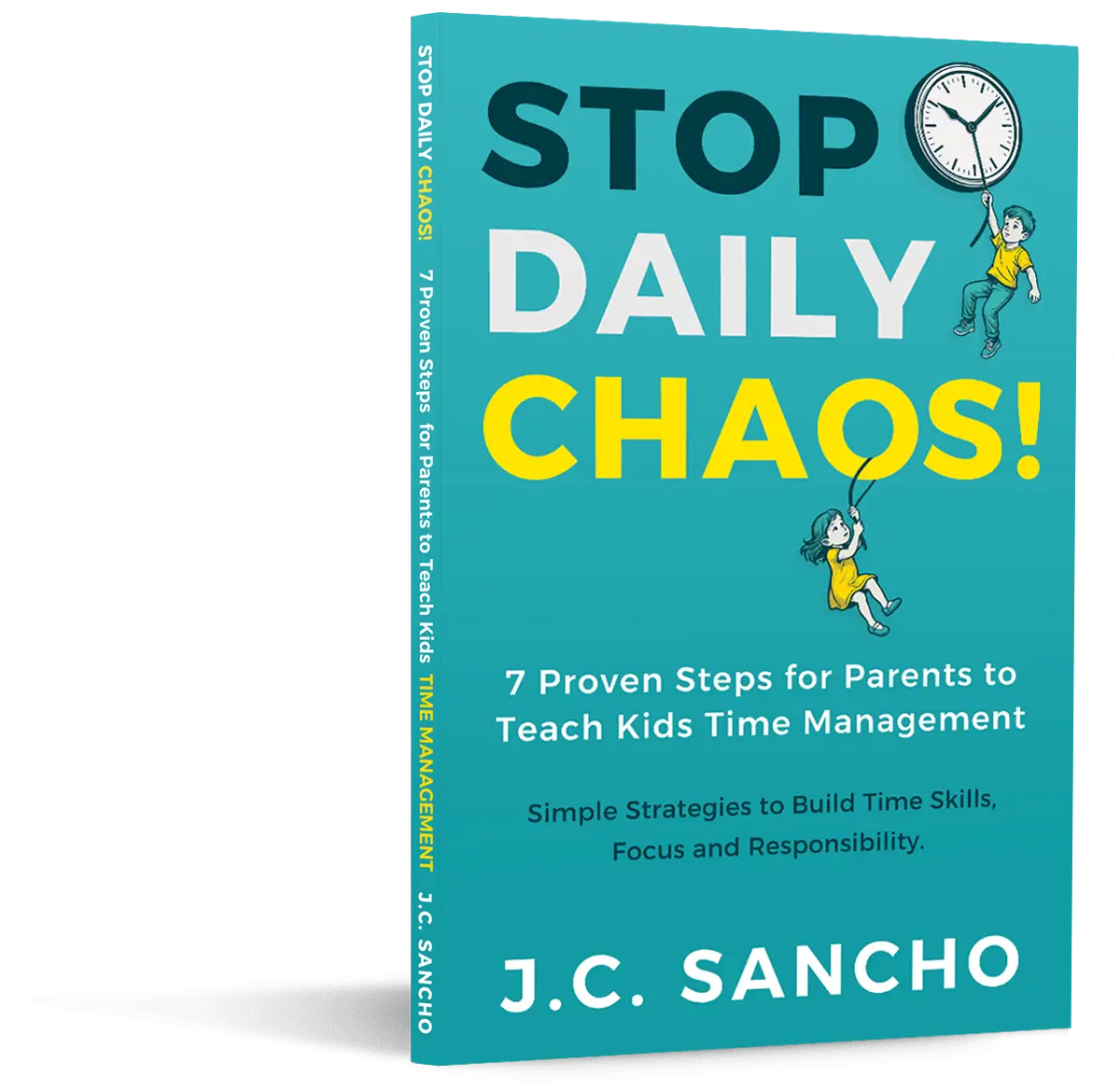Understanding Baby Milestones Month by Month:
Navigating the Norms and Recognizing Red Flags
Watching our babies grow and change is one of the most magical parts of parenting — but also one of the most emotionally complex. We celebrate every smile, every sound, every stretch toward independence. But in quiet moments, many of us wonder: “Is my child developing the way they should?”
This guide is designed to help you understand what’s typical, what’s flexible, and what may be cause for a closer look. Milestones are not deadlines. They are reference points — helpful signposts along a road every child travels in their own way, at their own pace.
Month 1: Welcome to the World
Your newborn is adjusting to life outside the womb. Movements may seem random, but every glance and wiggle is building the foundation for future skills. These early milestones are deeply connected to reflexes, sensory development, and the beginnings of trust between parent and child.
Typical Milestones
- Responds to loud sounds with a startle or flinch
- Makes brief eye contact when calm and alert
- Recognizes familiar voices, especially caregivers
- Brings hands to mouth or face
- Makes small jerky movements with arms and legs
- Begins to lift head briefly when on tummy
Possible Red Flags
- No response to loud noises
- Extremely floppy or rigid limbs
- Rarely moves or seems excessively sleepy or disengaged
- Does not focus on caregiver’s face when fed or held
Month 3: Exploring and Engaging
By three months, your baby becomes noticeably more social. This is a stage of connection — both emotional and physical. Expect more eye contact, more expression, and stronger control over head and hand movements.
Typical Milestones
- Smiles in response to voices or faces
- Coos or makes gurgling sounds
- Follows moving objects with eyes smoothly
- Holds head up during tummy time with more control
- Opens and closes hands deliberately
- Kicks legs rhythmically and moves arms toward objects
Possible Red Flags
- No social smile by 3 months
- Difficulty lifting head or holding it steady
- Lack of vocalization or cooing
- Does not follow moving objects with eyes
Month 6: Becoming More Active
Six-month-olds are explorers in the making. Their bodies are gaining strength and coordination, and their curiosity is starting to shape how they interact with the world around them. This is the age of grabbing, rolling, laughing, and lots of testing cause and effect.
Typical Milestones
- Rolls over in both directions
- Sits with minimal support, sometimes unsupported for a few seconds
- Reaches for toys and transfers them between hands
- Laughs, squeals, and babbles with increasing variety
- Recognizes familiar people and reacts to strangers
- Shows joy or distress clearly through facial expressions
Possible Red Flags
- Does not reach for or grasp toys
- Poor head control or slumping when seated
- Does not respond to sounds or voices
- No vocalizations or minimal social engagement
Month 9: On the Move
By nine months, many babies become surprisingly mobile. Crawling, scooting, or pulling up becomes a daily adventure. Their language and understanding of the world also leap forward — this is often when parents hear a first “mama” or “dada.”
Typical Milestones
- Crawls, scoots, or rolls to move purposefully
- Sits independently and reaches without falling over
- Pulls up to stand and bounces in standing position
- Uses thumb and finger to pick up small objects (early pincer grasp)
- Understands “no” and looks when name is called
- Engages in back-and-forth babbling (“ba-ba,” “da-da”)
Possible Red Flags
- No interest in movement or limited mobility
- No babbling or sound play
- Does not respond to own name
- Shows little interest in interaction or toys
Month 12: Major Milestones and Firsts
One year is a celebration of growth, independence, and firsts. Some babies are walking or close to it. Others are communicating with gestures and a few words. Cognitive and emotional development becomes more visible as they explore preferences, routines, and relationships.
Typical Milestones
- Pulls to stand and may take first independent steps
- Uses gestures like pointing, waving, or clapping
- Uses simple words meaningfully (“mama,” “bye-bye”)
- Shows preferences for toys, people, and routines
- Plays games like peekaboo or pat-a-cake
- Follows simple directions (“come here”)
Possible Red Flags
- No gestures or verbal communication
- Cannot stand with support
- Does not seek comfort or attention from caregivers
- No interest in playing or exploring surroundings
Recognizing Developmental Delays: What If My Baby Misses a Milestone?
It’s important to remember that all babies develop at their own pace. Missing one milestone by a few weeks or even months isn’t always cause for concern. But when several milestones are delayed, or your instincts tell you something isn’t quite right, early support can make all the difference.
- Trust your gut. You know your baby better than anyone else. If something seems off, bring it up with your pediatrician.
- Ask questions. There’s no such thing as being too cautious when it comes to your child’s development.
- Get evaluated early. Many regions offer free early intervention screenings. These services can provide tools and therapies to help your child thrive.
Growing with Confidence, Not Comparison
Milestones offer guidance, not pressure. Each child’s path is unique. What matters most is not the exact age your baby rolls, babbles, or walks — it’s that they are supported, loved, and given the time and space to develop safely and joyfully.
You are not alone on this journey. There are experts, communities, and fellow parents ready to help. By staying curious, informed, and compassionate — both with your baby and with yourself — you are giving your child the greatest gift: a parent who pays attention, shows up, and leads with love.



